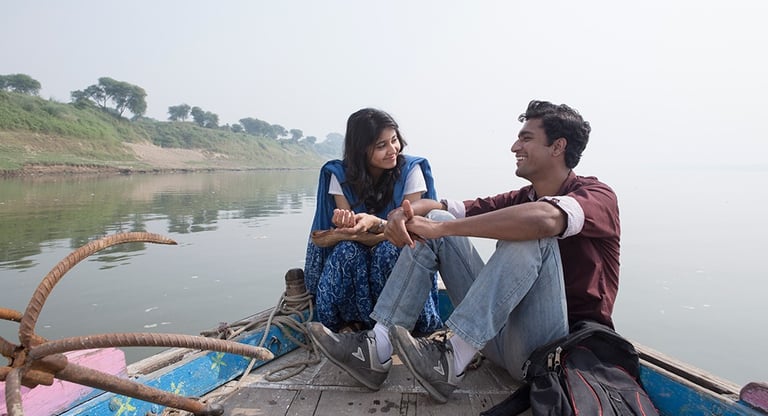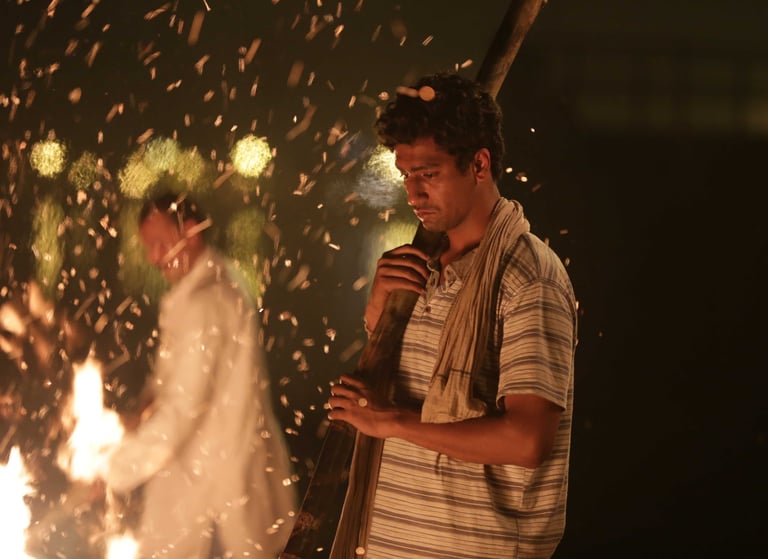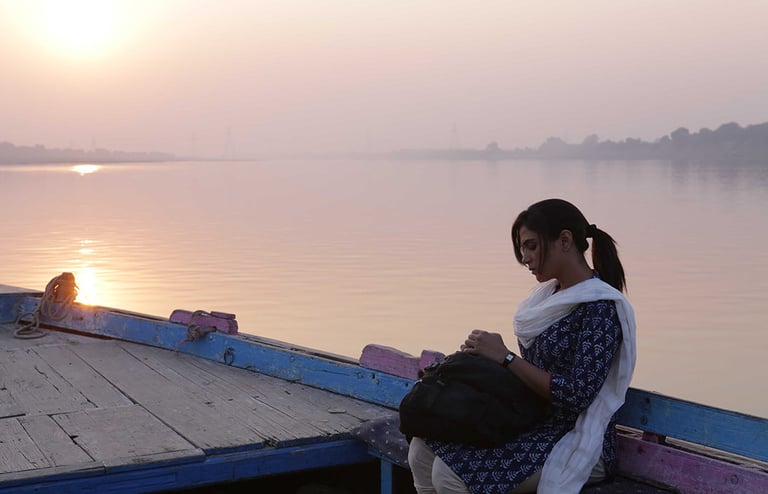Why "Masaan" Movie Deserves More Attention
"Masaan" is a film that lingers in your mind long after the credits roll. It's a story that delves into the complexities of love, loss, and the deep-rooted inequalities that exist in our society. Despite being a masterpiece, it remains relatively unknown, which is a true disservice to cinema.
3/26/20242 min read


"Masaan" is undoubtedly one of the finest Bollywood films, yet highly underrated. It disturbs me when masterpieces like "Masaan" are underappreciated, although I understand that we can't force people to choose particular kinds of films. However, I believe that talking about them more often could change people's perceptions and perhaps our audience will evolve someday. Underrated films like "Masaan" arguably deserve more attention, and writing about them makes me feel somewhat relieved.
In "Masaan," Devi, a small-town, intelligent girl, meets her boyfriend Piyush in a hotel room. The police raid the hotel, leading to an injustice against Devi that makes us question our systems and inequalities. Would this happen in urban cities among people with good financial status? What is considered normal to urban citizens becomes a special stigma to the society Devi belongs to. Unbelievable, right?


When Deepak falls in love with Shalu, he doesn't, for a second, consider their different castes – and he shouldn't. However, it's his friend who reminds him that Shalu is from an upper caste. Maybe he shouldn't love her so deeply – it's disgusting how people make us decide the intensity of our love based on where we come from. Director Neeraj Ghaywan has done a brilliant job portraying such problems through the minutest of details.
"Masaan" offers a different, heart-wrenching portrayal of grief. Devi loses Piyush amidst chaos and faces injustice alone, despite his equal involvement. The guilt that she might be responsible for his death, mixed with moments of anger towards him, and yet the equal grief of losing him, while holding onto the gift he brought her during their meeting, is poignant.
Is the world we live in equal for everyone when it comes to fulfilling desires as human beings? When Devi tells the police, "Jidnyasa mita rahi thi," and the cop ridicules her for that, I feel amazed. Devi should have the right to be curious about her desires as much as anyone else, regardless of her class or background.



